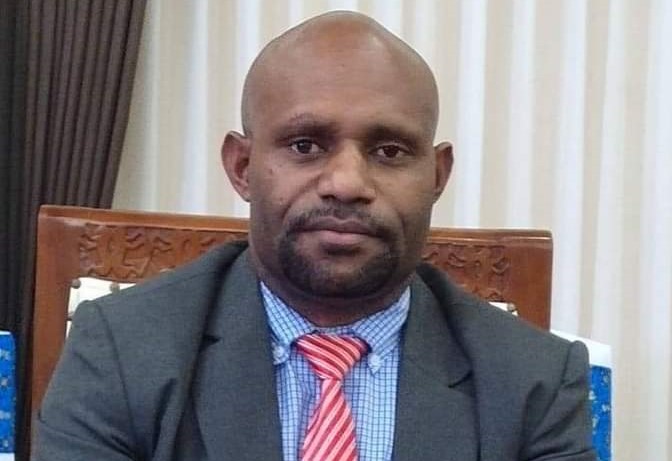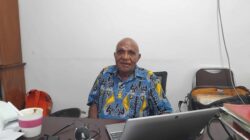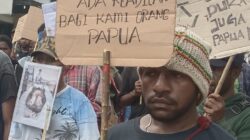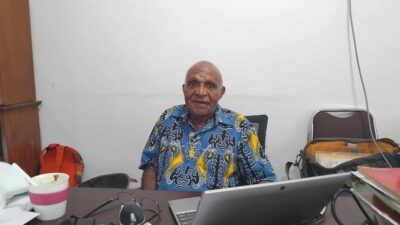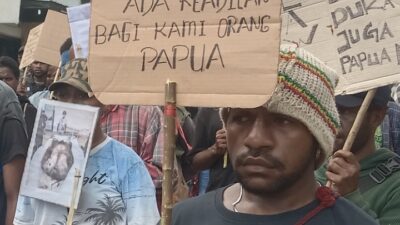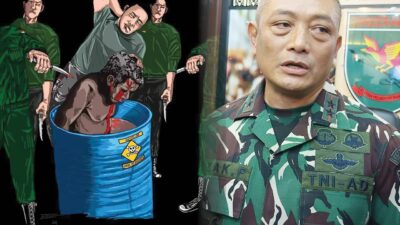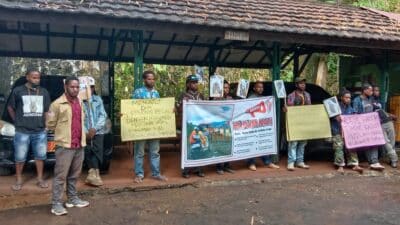Jayapura, Jubi – Namantus Gwijangge, a member of the Special Committee on the murder and mutilation of four Nduga residents in Mimika Regency, said his party had submitted a letter requesting a hearing with the Indonesian Military (TNI) Commander in Jakarta to request that six soldier suspects of the Mimika murder be tried at the Timika District Court.
“A few days ago we met the TNI Commander to convey the aspirations of the families of the Mimika murder victims so that the cases can be tried at the Timika District Court, not in the military court,” Gwijangge told Jubi on a phone call on Tuesday, November 29, 2022.
The murder and mutilation of four civilians from Nduga Regency occurred in Settlement Unit 1, Mimika Baru District on August 22, 2022. The four victims were Arnold Lokbere, Irian Nirigi, Lemaniel Nirigi, and Atis Tini.
The Military Police of the XVII/Cenderawasih Regional Military Command has named six soldiers of the 20/Ima Jaya Keramo Raider Infantry Brigade as suspects in the murder case, namely Maj. Hf, Capt. Dk, Chief Pvt. Pr, First Pvt. Ras, First Pvt. Pc, and First Pvt. R. Meanwhile, investigators from the Papua Police have named four civilians as suspects, namely APL or Jeck, DU, R, and RMH.
The National Commission on Human Rights (Komnas HAM) has recommended that the soldier suspects be tried at the Timika District Court. However, the Military Police of the XVII/Cenderawasih forwarded the case file of a suspect with the rank of Major to the High Military Oditurate IV in Makassar, South Sulawesi, and the case files of five other suspects to the Military Oditurate IV-20 Jayapura.
Namantus Gwijangge said the families of the victims requested that the trial of the six soldiers be held through a connectivity court at the Timika District Court because it was considered the only fair and democratic way.
“The perpetrators of the murder and mutilation were both civilians and military, therefore, according to law, the mechanism should be through a connectivity court,” he said.
Gwijangge said the families of the victims refused if the soldier suspects were tried separately from the four civilian suspects.
Gwijangge said that if the Military Oditurates in Jayapura and Makassar force the trial of the six soldiers in military courts, then the trial process was against the law. (*)


